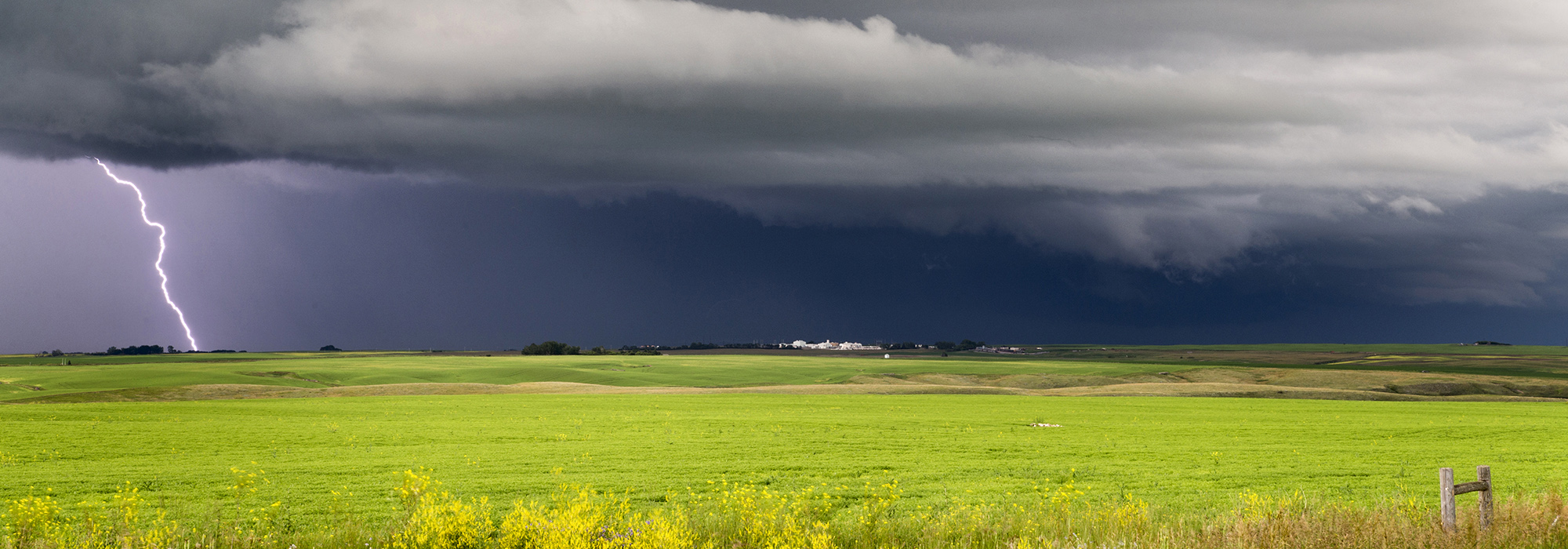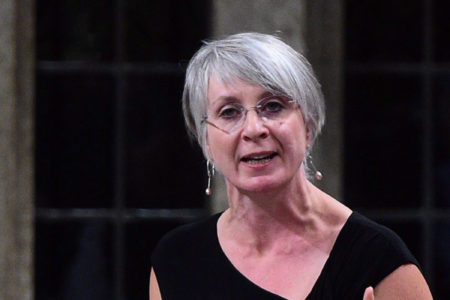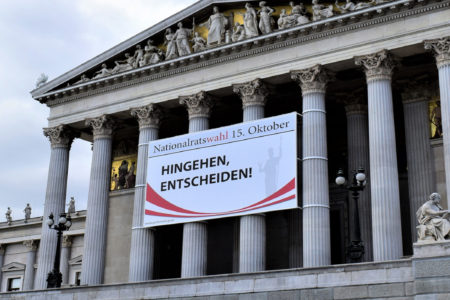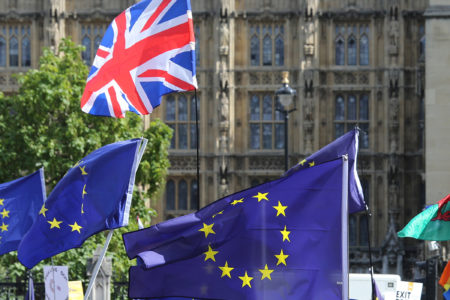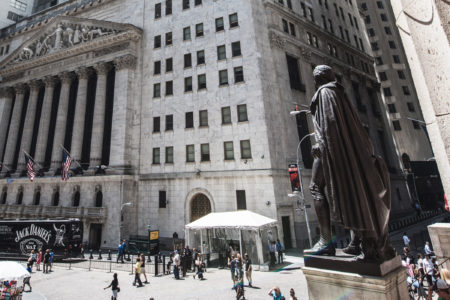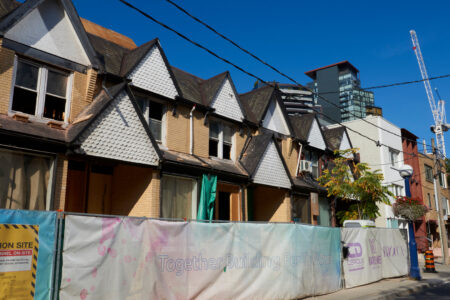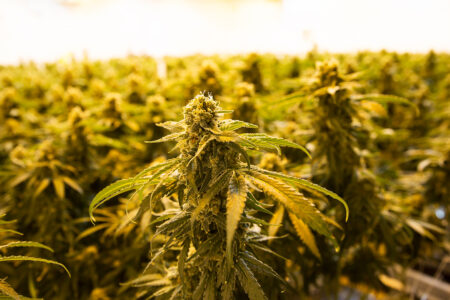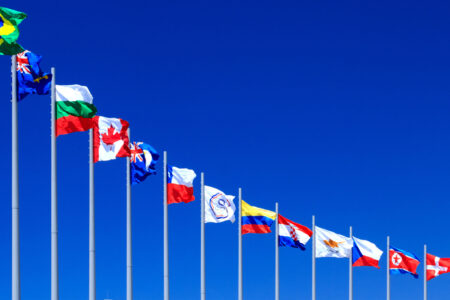
Uncertainty, turmoil, disruption, upheaval – these are words that policy thinkers have come to lean on to describe the state of the economy and society in the second decade of the 21st century. Foreign Affairs Minister Chrystia Freeland recently declared international relations to be at their “most uncertain moment” since the end of the Second World War. Consider some of the headlines in just the first half of October 2017: Catalonians voted for independence from Spain, the far-right, anti-immigrant People’s Party secured victory in Austria, and negotiations to save the North American Free Trade Agreement (NAFTA) appeared to be grinding to a halt.
Meanwhile, “The three largest forces on the planet — technology, globalization, and climate change — are all accelerating at once,” as New York Times columnist and author Thomas Friedman put it in his most recent book, Thank You for Being Late. With increasing automation and robotization, Canadian workers are facing the prospect of massive job displacement.
How do policy-makers plan for the future when the ground is constantly shifting? An international roster of experts plunged into this age of disruption at the Queen’s International Institute on Social Policy. This year’s conference, entitled “Inclusive Economy, Inclusive Society: Canadian Social Policy in an Age of Disruption,” focused on how addressing social inequality with more inclusive policies might shield Canada from what lies on the horizon, such as the cultural backlash that is fuelling populist movements in the United States and Europe.
This special Policy Options feature series of articles will bring together some of the analysis presented at this summer’s conference at Queen’s.
Photo: Shutterstock/Pictureguy




